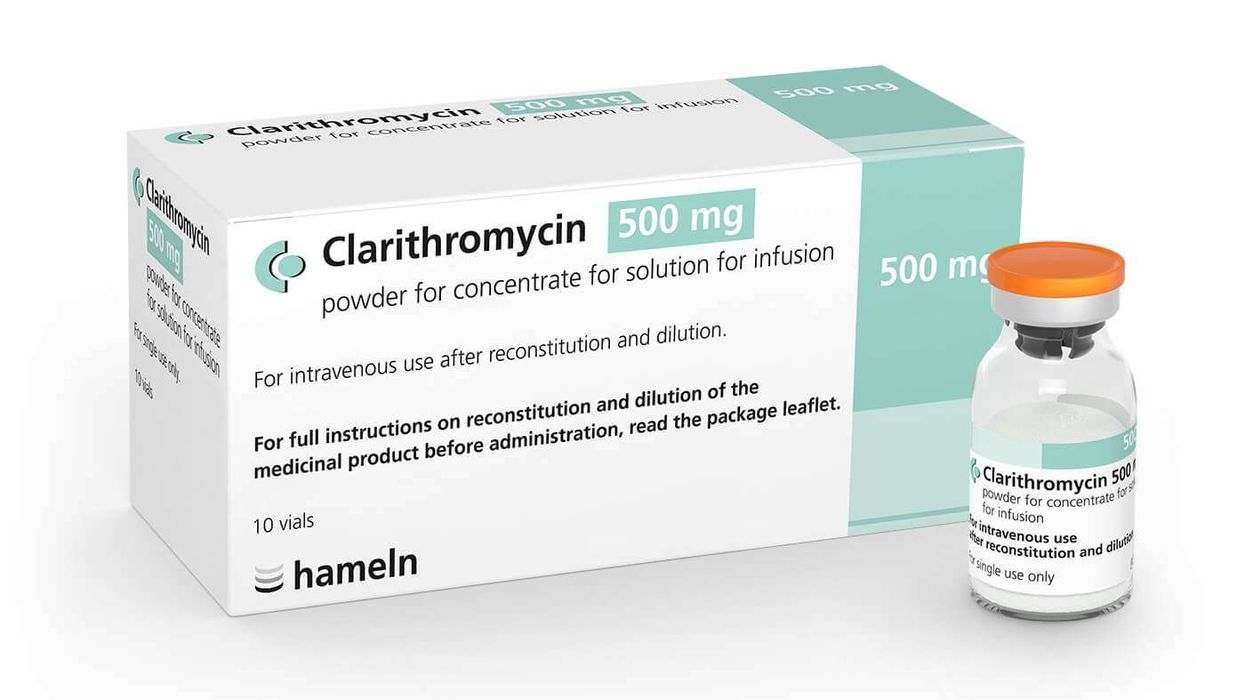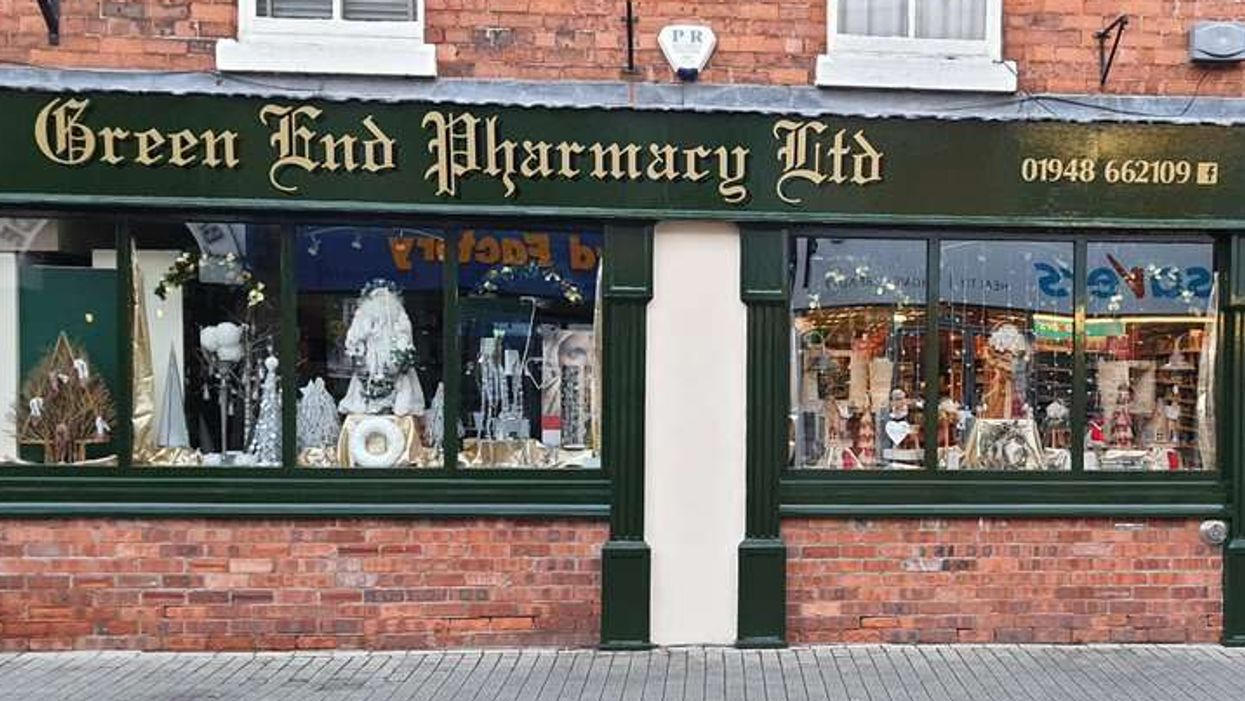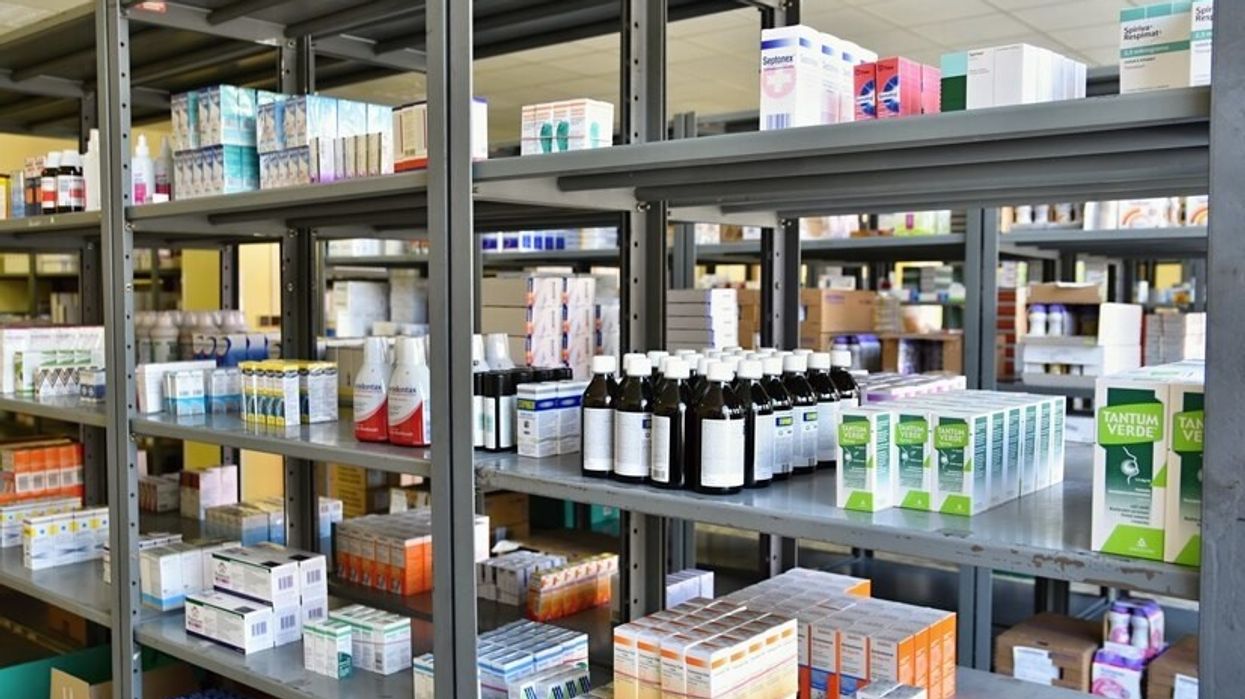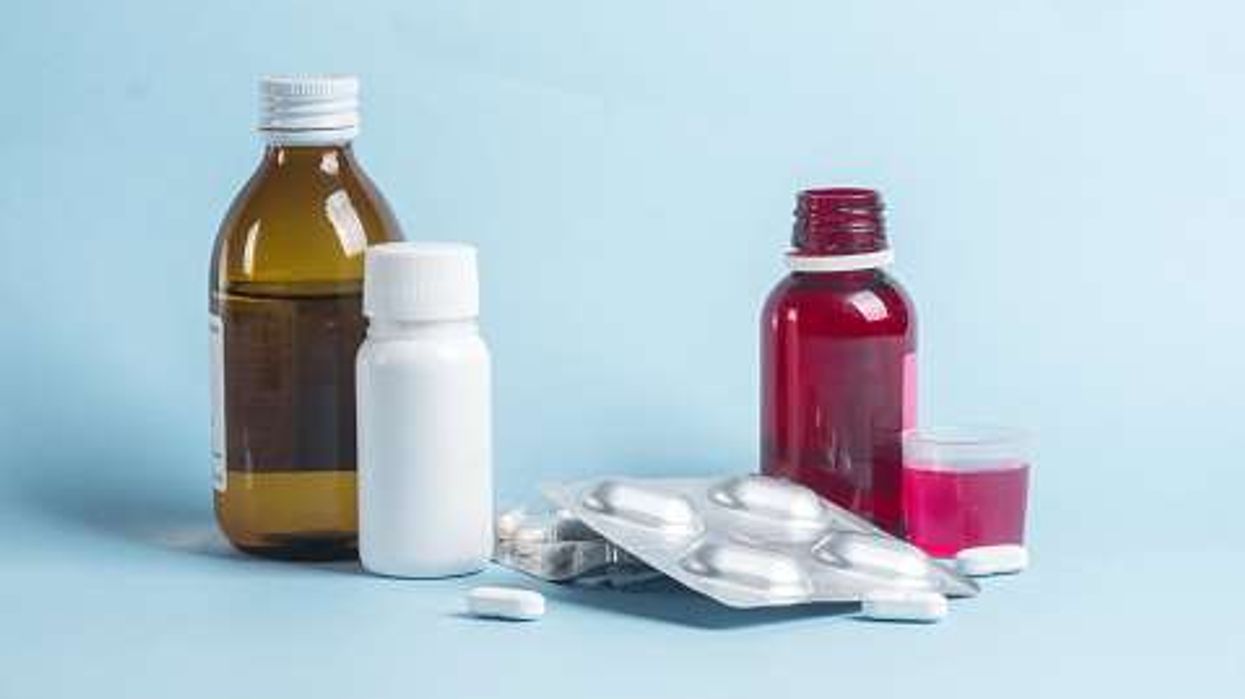A community pharmacist narrates her ordeal of having to deal with a patient who questioned her racial identity, which she wears 'as royalty'...
By Harpreet Guraya
“I just wanted to ask – do you consider yourself English?” Recently, during a busy day in the community pharmacist world, I was asked this question.
A man asked for a consultation with a chaperone and this was his query.
I was expecting an embarrassing personal health problem or a malicious complaint – both of which I was well versed in dealing with.
However, this took me entirely by shock. But it shouldn’t have done.
Around 43 per cent of GPhC-registered pharmacists come from a black, Asian and minority ethnic (BAME) community. I have worked alongside countless BAME pharmacists myself.
Have there been comments made about language barriers by staff? Yes.
Have there been comments by patients about the colour of our skin ? Yes.
Have colleagues and patients both struggled pronouncing our names? Yes.
Have we been resorted to being identified as “The South Asian pharmacist” ? Yes.
So really there should be no surprise. Of course, my name and the colour of my skin is the first thing someone sees about me. And judges me on.
During this bizarre consultation in front of my colleague, I was instantly belittled to the colour of my skin and origin.
I was at work, in a professional capacity, and not expecting to be questioned on my political opinions or views on 'Rule Britannia'.
In fact, I had no idea about it! For my concerns were serving my local community, getting the abundance of prescription baskets checked and managing my workload.
This patient pounced on probably the only BAME person he knew, which incidentally happened to be his local community pharmacist.
For the rest of my afternoon checking prescriptions, my head swarmed with thoughts around this man and his urgent query.
Something had happened with me but I couldn’t explain it. Racism seemed too harsh of a word.
It’s Covid times and we are reluctant to have face-to-face consultations with people in a small, confined area.
But there we go – questions regarding my identification as being English and the country I was born in justified that risk for this patient.
I was confused and upset, and I felt a sense of social isolation.
Slavery and Britannia? Why yes, I do have opinions. As I’m sure more of “them” from an “ethnic minority” do have.
'Judge me on my work, not on the colour of my skin'
I have great pride in my colour, ancestry and heritage. But whether I consider myself English or not is totally irrelevant when checking Mr Smith’s propranolol or advising Mrs Jones on her rash.
Judge me on my hard work, on me exceeding my targets, on my clinical expertise. My colour is the easiest achievement I’ve had – I’ve been born with it and wear it as royalty.
I know this is not the last encounter I will have with racism at work, and I know my colleagues have experienced a wide array of similar situations based on their colour and ethnicity.
The recent media attention on the lack of Covid-19 risk assessments being carried out on the at-risk group of BAME pharmacists has only heightened this awareness.
Discrimination is a sour but long standing truth of the world we live in and the history we have.
We need to see more BAME individuals in NHS leadership roles helping to tackle these disparities and health inequalities.
This year will be remembered for many things, but one thing I hope is not forgotten is the acceptance that racism is real and still occurring.
Harpreet Guraya is a superintendent pharmacist based in north-east England.











